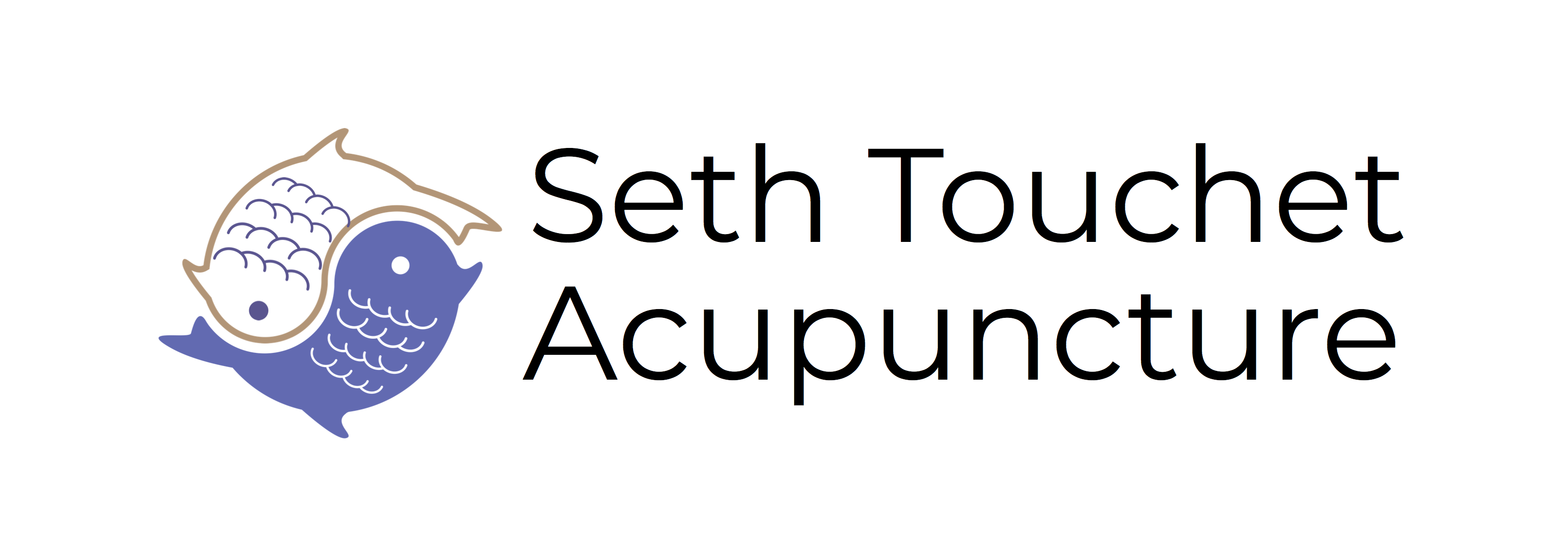If you’ve been researching holistic ways to address chronic allergies or persistent digestive issues, you may have come across the term “leaky gut.” Also referred to as “intestinal permeability,” leaky gut is gaining traction in holistic and functional medicine for its link to allergies, inflammation, and other health concerns. This article will explore what leaky gut is, how it relates to allergies, and why pairing gut-focused strategies with NAET (Nambudripad’s Allergy Elimination Techniques) can be a powerful combination for overall well-being.
What Is Leaky Gut?
Your intestinal lining isn’t just a passive tube through which food travels; it’s a highly selective barrier designed to absorb nutrients while keeping out harmful substances. In a healthy gut, the cells lining your intestines are tightly joined, ensuring that toxins, bacteria, and partially digested food particles stay where they belong—inside the digestive tract.
When someone experiences “leaky gut,” those tight junctions loosen, allowing unwanted particles to “leak” into the bloodstream. This can trigger an immune response, leading to symptoms that may include:
- Persistent bloating or gas
- Food sensitivities and allergies
- Joint pain
- Skin issues (eczema, rashes)
- Brain fog and fatigue
Though ongoing research aims to provide a clearer picture, many holistic practitioners believe that a leaky gut can undermine the body’s immune balance and increase vulnerability to allergies.
The Gut-Health Connection to Allergies
Leaky gut isn’t always the sole reason for allergies and sensitivities, but it can exacerbate them. When your immune system encounters foreign substances (like partially digested food proteins) that escape the gut barrier, it can shift into overdrive—potentially reacting to a wide range of allergens. Over time, this chronic immune activation may worsen symptoms such as itching, congestion, digestive distress, and even systemic inflammation.
Where NAET Fits In
NAET works by identifying and addressing allergy triggers through a combination of muscle testing, acupuncture or acupressure, and energy rebalancing. If leaky gut is part of the picture, NAET can help by “re-training” your body not to overreact to specific allergens or sensitivities. But to see long-term relief, it’s crucial to also support gut health so that new sensitivities are less likely to develop.
Practical Gut-Healing Strategies
1. Nutrient-Dense Diet
- Whole Foods First: Focus on vegetables, fruits, high-quality proteins, and healthy fats. Avoid overly processed foods and excess sugar, which can aggravate inflammation.
- Anti-Inflammatory Choices: Foods high in omega-3 fatty acids (like wild-caught fish, flax seeds, and walnuts) and antioxidants (berries, leafy greens) can help soothe an inflamed gut lining.
- Probiotic-Rich Foods: Fermented foods like sauerkraut, kefir, kimchi, and yogurt introduce beneficial bacteria that support a healthier gut environment.
2. Targeted Supplements
- Probiotics: High-quality probiotic supplements can help restore microbial balance in your gut, but be sure to choose one that fits your specific needs (or get guidance from a healthcare provider).
- L-Glutamine: Often recommended by functional medicine practitioners, this amino acid may help nourish the cells of the intestinal lining.
- Digestive Enzymes: If you struggle to break down foods, enzymes can reduce stress on the gut and lessen undigested particles that may trigger immune responses.
3. Stress Management
- Mind-Body Techniques: Chronic stress can disrupt gut function and weaken the tight junctions in the intestines. Techniques like mindfulness, meditation, and gentle yoga help lower stress hormones that contribute to gut permeability.
- Physical Activity: Regular moderate exercise improves circulation and can support gut motility, leading to a healthier digestive environment.
4. Proper Hydration
- Why It Matters: Water supports a healthy gut lining and aids digestion. Aim for at least 6–8 cups of water per day, adjusting based on your activity level and climate.
How NAET and Gut Health Work Together
- Reduced Allergen Load: By systematically identifying and clearing sensitivities through NAET, you reduce chronic immune activation that can perpetuate leaky gut.
- Improved Self-Awareness: Muscle testing during NAET sessions can shed light on which foods or substances might be specifically aggravating your gut issues.
- Holistic Balance: NAET addresses the energetic imbalances associated with allergies, while gut-healing strategies reinforce the physical side of healing. This mind-body approach can produce more sustainable results than either strategy alone.
Timeline and Expectations
- Short Term: Within a few weeks of optimizing your diet, incorporating probiotics, and reducing stress, you may notice less bloating, clearer skin, or improved energy levels. NAET sessions can also quickly alleviate some acute allergy symptoms.
- Long Term: For deeper and more resilient healing, consistency is key. Regular NAET sessions paired with a gut-friendly lifestyle may take a few months to show transformative changes in chronic symptoms. However, many people find that once their gut lining improves and sensitivities are cleared, they enjoy long-lasting relief.
Final Thoughts
Leaky gut may be an underlying factor in stubborn allergies, food sensitivities, and inflammatory conditions—making it crucial to address if you seek long-term relief. By combining NAET’s targeted allergy-clearance approach with proven gut-healing strategies—like a nutrient-dense diet, supplements, stress management, and hydration—you create a comprehensive framework for better health.
If you suspect leaky gut is contributing to your allergies or chronic symptoms, consider booking a consultation. We can work together to identify specific allergens, outline gut-supportive measures, and help you find lasting, whole-body wellness. Here’s to a stronger gut, a calmer immune system, and a healthier, more vibrant you!

